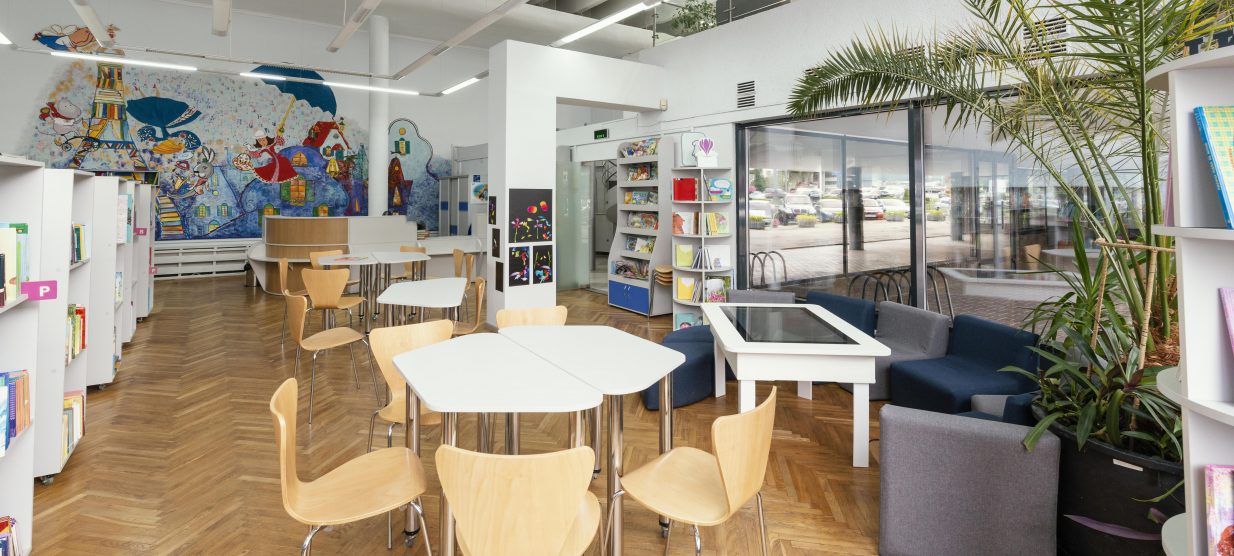Short vs Long Term Office Rental: When to Choose Each Option
Choosing the right office lease is crucial for startups and growing businesses. The decision between short vs long term office rental can impact finances, flexibility, and company growth. Understanding the advantages and drawbacks of each option helps entrepreneurs make informed choices. By evaluating business needs, companies can select the lease that best supports their goals.
Advantages of Short Term Office Rental
Short-term leases offer flexibility and speed. Startups can move in quickly without committing to lengthy contracts. This option is ideal for companies in uncertain markets or those expecting rapid growth. Short-term arrangements also allow businesses to adjust space as needed, avoiding unnecessary costs. Choosing short vs long term office rental wisely can provide a strategic edge in the early stages.
Cost Considerations
Cost is a major factor in any office lease decision. Short-term rentals often have higher monthly rates but lower upfront commitments. Long-term leases may reduce monthly costs but tie the company to fixed expenses for years. Evaluating financial priorities ensures the selected rental aligns with budget constraints. Predictable costs and flexibility should be balanced for optimal decision-making.
Benefits of Long Term Office Rental
Long-term leases offer stability and predictability. Businesses secure a permanent location, which can strengthen brand identity. Longer agreements may also provide negotiating power for lower rent or additional perks. For startups planning steady growth and a defined team size, long-term contracts reduce relocation disruptions and help with long-term planning.
Flexibility vs Stability
The key difference between short and long-term leases is flexibility versus stability. Short-term rentals favor adaptability, while long-term options emphasize consistency. Companies should assess current needs, future growth, and market conditions. Understanding these factors allows businesses to make a choice that supports both immediate requirements and long-term objectives.
Location and Facilities
Both rental types require careful consideration of location and amenities. Proximity to clients, partners, and transportation is essential. High-quality facilities enhance productivity and employee satisfaction. Evaluating these aspects ensures that whether choosing short vs long term office rental, the workspace meets operational and cultural needs.
Choose Based on Needs and Goals
Deciding between short vs long term office rental depends on business strategy, financial situation, and growth expectations. Startups seeking flexibility may prefer short-term options, while companies prioritizing stability often benefit from long-term contracts. By carefully assessing needs, costs, and future plans, businesses can select the office rental that supports sustainable growth and operational efficiency.

Do not hesitate to contact us
Get in touch, if you have any question


